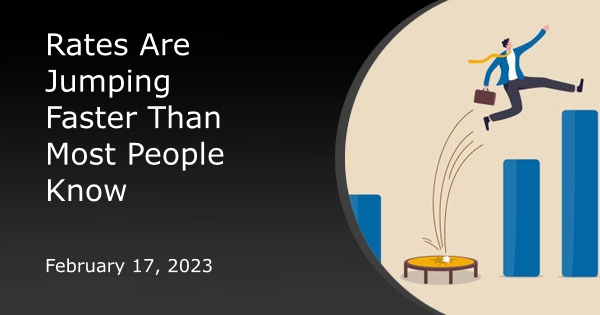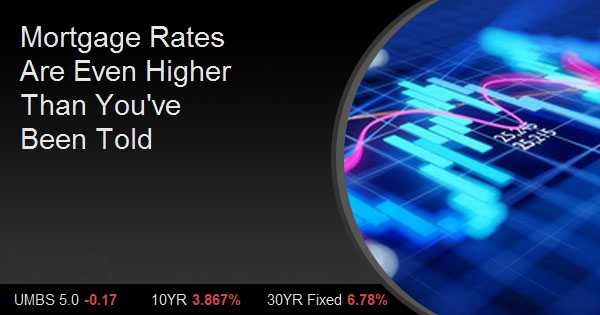The Down-and-Dirty Way to Quickly Fix Your Credit Score
How do credit ratings work, anyway?
It seems like a silly game, but your credit score can have real and long-lasting effects on your financial well-being. You know you can afford to pay for a certain car or a new home, but the banks won’t believe you unless you have a credit score to prove it. It can be the difference between which neighborhood you live in, which schools your children attend, what kind of car you’re driving, and how much money you have in the bank. So, unless you’re financially independent and don’t ever need to borrow money from anyone, you’d better get in the game and learn how to play it.
Three credit bureaus--Equifax, Transunion, and Experian--are watching your spending habits
Every time you start a new account with anyone where you’re borrowing money, the credit agencies are notified. When you go to JCPenney and they offer you a big discount at checkout if you start a new credit card with them, that becomes a new account in your credit report. Credit agencies monitor your accounts and keep a record of several important factors:
Payment history
Account balances
Utilization of credit
Length of credit history
Type of credit
Negative events--late payments, bankruptcies, deeds in lieu of foreclosure, foreclosures, judgments, liens
Authorized users
The credit agencies’ formula to calculate your credit score--here’s how it works
The credit agencies use a complex formula to calculate your credit score, rating you on a scale between “poor” and “excellent”. The lowest score is 300; the highest score is 850. They use the factors explained above to assign a number to you, which can fluctuate from day to day. But the basic concept stays the same--they want to know that you’re a responsible borrower who can you be trusted with credit. If you have three credit cards and they’re all maxed out and you’re two payments late on your car loan, you will definitely have a lousy credit score. If you have paid off two mortgages, you have four credit cards with an average credit limit of $10,000 each, and you owe a total of $1,000 on all four--then you look like a great credit risk. The ideal scenario is to have significant available credit that you’re not using, have long-term accounts with certain banks and credit cards, have no liens or judgments against you, and to never be late on a payment. The ideal borrower has four credit cards, of which they’re using only 10% of the balance; a car loan with all payments on time; and a mortgage. The longer the accounts have been established, the better.
How do mortgage companies use my credit score to make loans?
For the best interest rates and terms on loans, your score should be at least 740. A score of over 800 will get you the very best terms on any loan. However, don’t worry, you can likely still get a loan. There are loan programs that will allow a buyer to purchase a home with a credit score of only 500; however, that buyer will be paying significantly more in interest and down payments than the 800 buyer. The interest paid by a buyer with a low credit score will, over time, add up to even hundreds of thousands of dollars more over the life of a 30-year mortgage. The buyer scoring 500 will likely also have to purchase mortgage insurance, which typically adds 10-20% to a mortgage payment. The higher your credit score, the more favorable the loan terms, the lower the payment, the less chance there is that you have to pay for mortgage insurance. It makes all the sense in the world to have the highest credit score possible.
How do I repair my credit and increase my credit score? Let’s play “What if”
Okay, so you’re not perfect but you need a way to improve your credit score. You have a few late payments, you have an old collections action against you, your cards are maxed out. But you want to buy a home. Fortunately, we have access to tools that can help you fix your credit score. We have some cool programs that will predict the changes in your score if you do certain things. Sometimes the changes are counter-intuitive. Sure, it would be great to pay off that department store credit card or credit card. But what if you’re paying your bills on time and doing all you can do, but you can’t pay it off? What about increasing your credit limit? If you’re using less of your total credit available, it can actually improve your FICO score. Or, let’s say you do take that department store card and just put it away in a drawer and never use it. Such a credit utilization might boost your credit score by 30 or 40 points, as silly as it may seem. Let’s say you owe $1,000 in credit card debt. Not such a big deal, right? Actually, that may be a good move or a bad move, depending on how you do it. If your available credit is $20,000 and the $1,000 is spread around on four different cards, that will look great on your credit score. If you have only one card with a $1,000 balance and it’s maxed out, that will hammer your credit score by 40 points or more.
Check your credit and clean up any errors and mistakes
In the meanwhile, go through the negative events on your credit report and take care of whatever is still out there. Maybe you have a bad debt that you can clean up for 30 cents on the dollar. If that’s off your report, it will definitely increase your score. You can dispute any inaccuracies by writing the credit bureaus and making sure that their reports are accurate--and often they are not. You may think it’s a great idea to pay off a credit card or department store card and cancel the account. It’s not. It actually benefits you to keep that account open, because it shows that you have credit available and you’re not using it--you’re keeping it in reserve. That will boost your credit score.
The difference between good credit and bad credit is often whether or not you pay on time
The past is the past, and sometimes you can’t do anything about your credit history. But, as they say, time heals all wounds, and so it is with credit. The key to a good credit score is not only using your credit, but also recognizing a due date. If you have a student loan or auto loan that you haven’t paid on time, or a late credit card or mortgage payment, the longer that payment is in the past, the better.
What about credit counseling services? Do they help boost a credit score?
Depending on the credit counseling service, they can be very helpful. You need to study their reviews to see how effective they are. We have partners who help counsel our clients to a good credit score so that they’re able to achieve their dream of buying a house, moving to a better neighborhood, or being able to afford reliable transportation. Once you’re on the right track and you have a good idea of what needs to be done, changes can happen very quickly. It’s possible to boost a credit score by 40-100 points in a week or two. Other negative events, such as late payments, take longer, but the bottom line is that you should be able to accomplish your goals with a targeted approach. Over time, a low-interest home mortgage loan with favorable terms can be the key to a bright financial future, allowing you to pay off the loan quicker, pursue other investment strategies, and ensure long-term financial health.
I hope this helps you understand how credit works. If you need help on how to fix your credit fast, contact me and I have tools that will show you a path how to repair your credit or get it up to the score you need to refinance your home or purchase another one.





